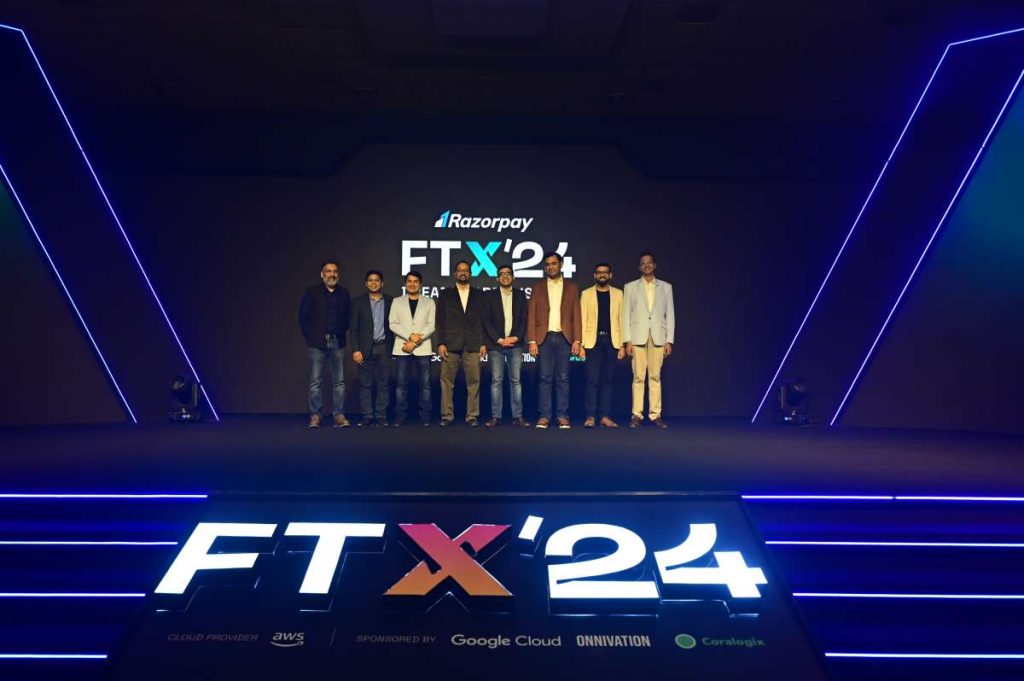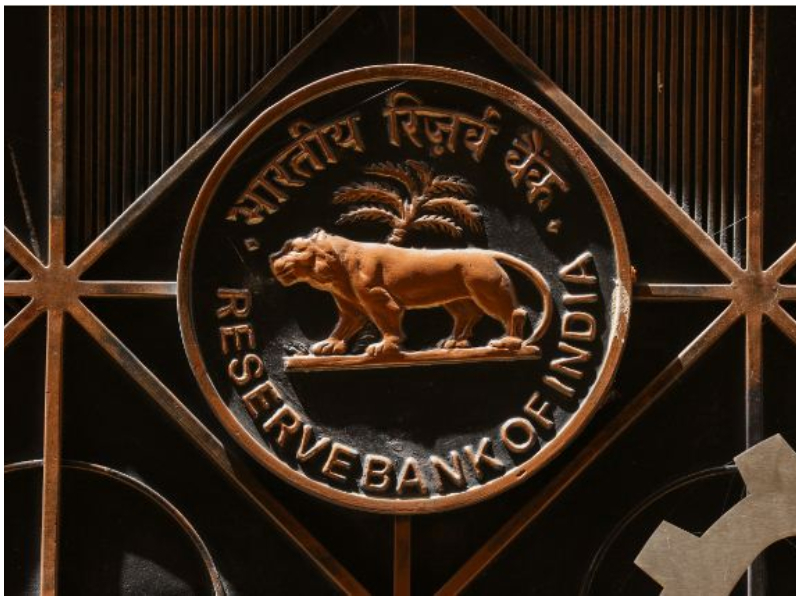Harshil Mathur said that regulations have played a crucial role in driving innovation, financial inclusion and co-creating financial literacy…reports Asian Lite News
Regulations in the fintech industry have enabled India to become a global benchmark in fintech and unified payments interface (UPI)-based services are one such example, Harshil Mathur, CEO of full-stack financial services platform Razorpay, said on Monday.
Speaking to IANS, Mathur said that regulations have played a crucial role in driving innovation, financial inclusion and co-creating financial literacy.
“We firmly believe that regulations in the fintech industry have enabled India to become a global benchmark in the sector,” Mathur emphasised.
Transactions via the UPI platform surpassed the 100 billion-mark in 2023 to close at around 118 billion, representing 60 per cent growth as compared to 74 billion transactions recorded in 2022.
The total value of UPI transactions in 2023 stood at around Rs 182 lakh crore, up by 44 per cent as compared to Rs 126 lakh crore in 2022, according to latest data by the National Payments Corporation of India (NPCI).
Mathur said that the Digital India Stack is now a global benchmark for most countries, providing a competitive advantage for growing businesses.

“As the financial ecosystem and digital payment transactions grow, compliance and governance have to go hand in hand. Regulators have efficiently balanced innovation with risk management while they allow people to innovate,” Mathur stressed.
Currently, the key regulatory bodies that regulate fintechs in India are the Reserve Bank of India (RBI), the Insurance Regulatory and Development Authority of India (IRDAI) and the Securities and Exchange Board of India (SEBI).
The RBI last month released a ‘draft framework for recognising Self-Regulatory Organisations (SRO) for FinTech Sector’, laying down the characteristics of a fintech SRO, and includes the required functions and governance standards.
According to the Central Bank, “self-regulation within the fintech sector is a preferred approach for achieving the desired balance”.
The Razorpay CEO said that given the growing prominence of the fintech industry, “it becomes a must for companies to possess the right regulatory insights and uphold high responsibility to ensure compliance, creating a layer of trust, protection and shield for the entire financial ecosystem”.
When it comes to data, the digital P2M (person-to-merchant) payments market in the country is likely to reach $4 trillion by 2030.

Razorpay said it has achieved an annualised total payment volume (TPV) of $150 billion across its business verticals.
“Recognising the ever-expanding potential of startups, freelancers and enterprises, the company believes businesses today require an intelligent real-time financial infrastructure to scale with evolving payment and banking needs and diverse consumers and markets,” Mathur added.
India has the fourth-highest funded fintech startup ecosystem globally. The enterprise fintech industry in the country is poised to expand exponentially, with projections estimating a market size of nearly $20 billion by 2030.
According to a latest report by Chiratae Ventures, in collaboration with The Digital Fifth, investment in technology across financial segments is expected to witness high growth over the coming decade.
ALSO READ: Bank of Baroda Forecasts India’s Q3 FY24 GDP Growth at 6.4%













